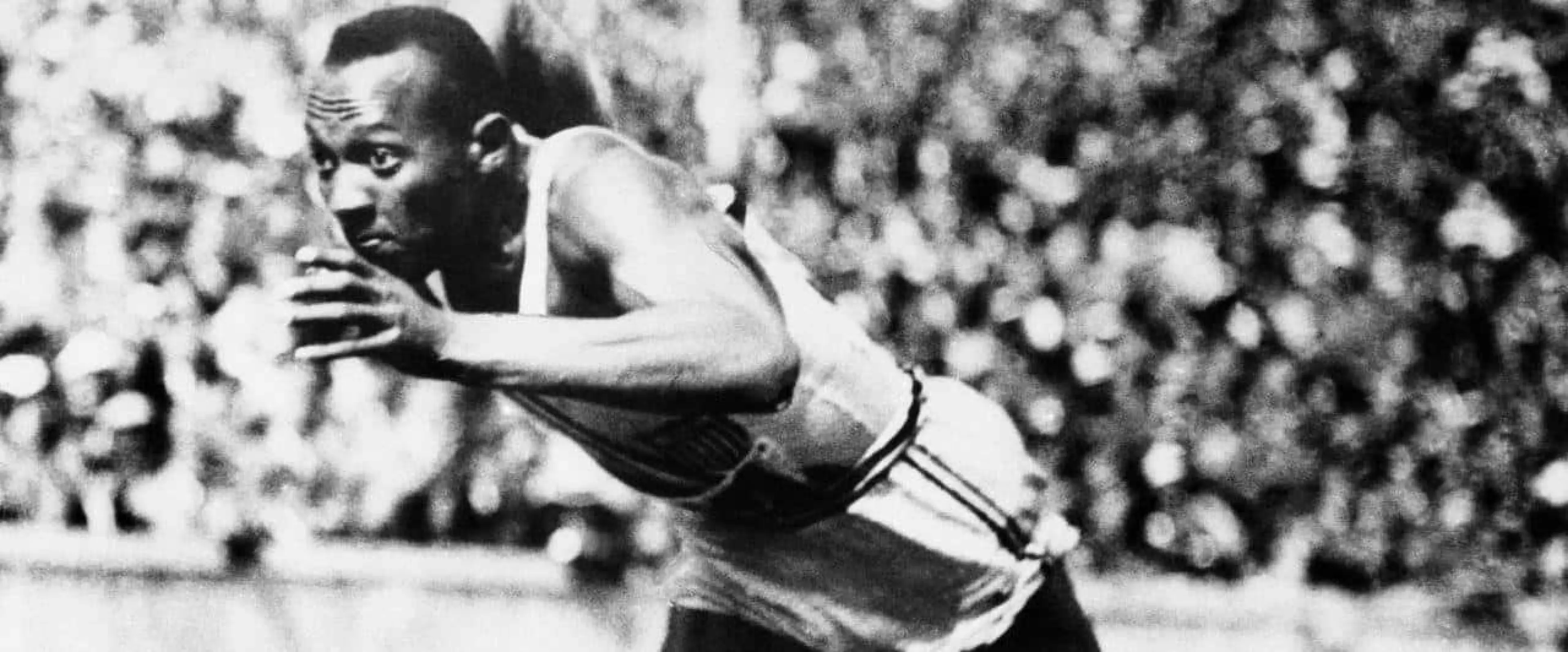Five greatest moments in the history of the Olympics
Published:
Robbie Purves | August 3, 2016
The Olympics is synonymous with creating stunning, inspiring and compelling moments in sport. Through the years, there have been no shortage of jaw-dropping moments and are near impossible to rank.
Here, Coral writers have compiled a list of some of the best moments in Olympics history in no particular order…
Usain Bolt (2008)
In 2008, Bolt announced himself as a sprinting sensation with his incredible performance in Beijing. The Jamaican smashed both world and Olympics records in the 100m and 200m events, letting the world know there was a new superstar sprinter on the track.
On top of his historic individual display, Bolt, the fastest man on the planet, experienced team success with his country. He also set a 4×100m relay record, and became the first man to win three sprint events since Carl Lewis in 1984.
Michael Phelps (2008)
“The Fish” became without doubt the greatest swimming Olympian in 2008. The American took home eight Gold medals, breaking Mark Spitz’s record of seven in one Games. Phelps overtook Spitz’s record by swimming a world record time in the 4x100m relay.
His performance was perhaps the most dominant in Olympic history, the legend currently has 18 Golds to his name and is the Olympics’ most decorated athlete.
Derek Redmond (1992)
The sprinter came into Barcelona 1992 in good form and registered the fastest time in the first round, and went on to win the 400m quarter-final. In the semis, he came out the blocks well, but tore his hamstring 200m from the finish line, limping to a standstill and falling to the ground in agony.
Medical staff were on their way over to treat Redmond when he decided he would finish the race. He began hobbling to he finish when his father Jim joined him on the track to help his son, after barging through security. With Derek sobbing, the pair crossed the line as 65k spectators gave them a standing ovation.
Dick Fosbury (1968)
For decades, two methods for executing the high jump existed, one was a scissor jump and the other a Western Roll. Fosbury failed to excel with both methods, but in 1968 revolutionised the sport.
His best effort with the conventional methods was 1m 63cm, 60cm off the world record – but in Mexico City jumped to an incredible 2m 24cm.
He came into the Games ranked 61st in the world and left a Gold medallist – breaking an Olympic record. His new technique, the Fosbury Flop, is now the most used in the discipline.
Jesse Owens
Owens’ performance in 1936 is one of the most iconic moments in all of sport. The track and field athlete won four events and set two world records in the most hostile, heated setting imaginable.
Owens won the 100m, 200m and the long jump, also playing a part of the victorious 4×100 USA relay team. The athlete not only overcame racism in his own country, but flew in the face of the rising Nazism in Germany, as Adolf Hitler watched from the stands.









